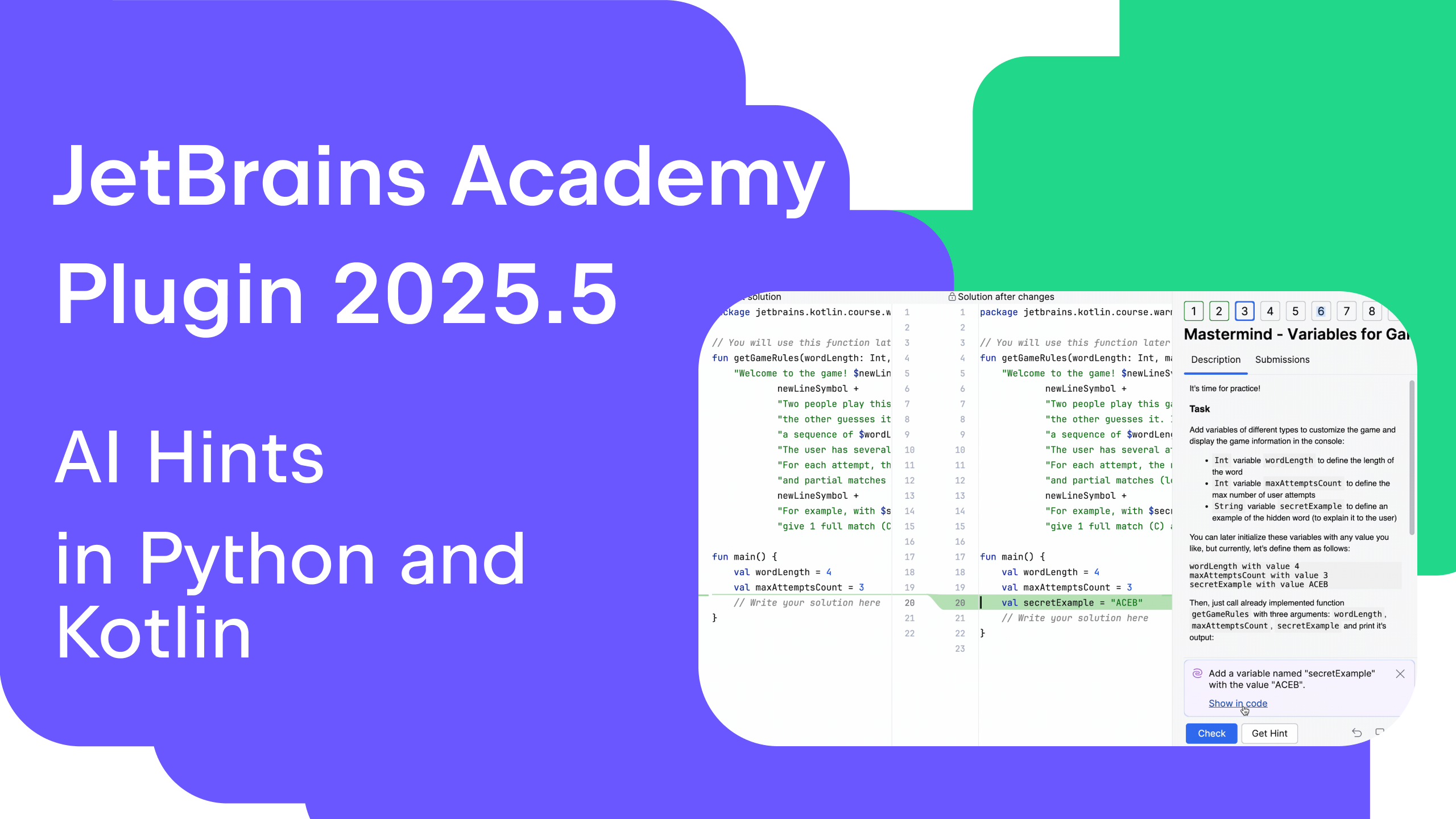How DevOps Teams Hire Data Scientists to Automate Smarter
Discover the benefits of combining DevOps practices with data science expertise, from predictive monitoring to intelligent CI/CD pipelines, and practical steps to build high-performing cross-functional teams.

Modern DevOps teams face increasingly complex challenges that traditional monitoring and automation tools cannot handle alone. The need to hire data scientists has emerged as organizations seek to transform reactive operations into predictive, intelligent systems. This convergence creates opportunities for DevOps teams to anticipate issues before they impact users and optimize infrastructure performance through advanced analytics.
The integration of data science into DevOps represents a fundamental shift from rule-based automation to machine learning-powered decision making. Teams that successfully hire data scientists gain the ability to process vast amounts of operational data and extract actionable insights that improve system reliability and performance.
Recent industry surveys indicate that 73% of high-performing DevOps organizations now include data science capabilities within their operational teams. This trend reflects the growing recognition that data-driven approaches significantly enhance traditional DevOps practices and deliver measurable business value.
The Business Case for Data-Driven DevOps
Companies implementing data science in DevOps report 40% fewer production incidents and 50% faster resolution times. These improvements directly translate to reduced downtime costs and improved customer satisfaction, making the investment to hire data scientists financially attractive for forward-thinking organizations.
Understanding the DevOps-Data Science Synergy
DevOps generates enormous volumes of data through monitoring, logging, and performance metrics. Without proper analysis, this information remains largely untapped. Data scientists bring statistical expertise and machine learning knowledge that transforms raw operational data into predictive insights and automated responses.
The collaboration between DevOps engineers and data scientists creates feedback loops that continuously improve system performance. While DevOps teams understand infrastructure and deployment processes, data scientists provide analytical frameworks that identify patterns and optimize operations based on historical and real-time data.
This partnership enables organizations to move beyond reactive troubleshooting toward proactive system management. Teams that hire data scientists for DevOps initiatives often discover optimization opportunities that weren't visible through traditional monitoring approaches.
Breaking Down Traditional Silos
Successful integration requires cultural changes alongside technical implementation. DevOps teams must embrace data-driven decision making, while data scientists need to understand operational constraints and deployment requirements. This mutual learning process strengthens both disciplines and improves overall team effectiveness.
Predictive Monitoring and Anomaly Detection
Traditional monitoring systems rely on predefined thresholds that often generate false alerts or miss subtle performance degradations. Data scientists bring sophisticated anomaly detection algorithms that learn normal system behavior and identify deviations before they become critical issues.
Machine learning models can analyze metrics across multiple systems simultaneously, detecting complex patterns that indicate potential failures. When DevOps teams hire data scientists with experience in time series analysis and statistical modeling, they gain early warning systems that significantly reduce unplanned downtime.
These predictive capabilities extend beyond simple threshold monitoring to include seasonal patterns, dependency mapping, and cascading failure prediction. The result is more reliable systems with fewer surprise outages and improved user experiences.
Real-Time Analytics Implementation
Modern data science tools enable real-time processing of streaming operational data. This capability allows DevOps teams to respond to emerging issues within minutes rather than hours, dramatically improving system reliability and user satisfaction metrics.
Intelligent CI/CD Pipeline Optimization
Continuous integration and deployment pipelines generate extensive data about build times, test results, and deployment success rates. Data scientists can analyze this information to identify bottlenecks, predict build failures, and optimize resource allocation across development workflows.
Machine learning models trained on historical pipeline data can recommend optimal build configurations, suggest test prioritization strategies, and predict which code changes are most likely to cause integration issues. Teams that hire data scientists for CI/CD optimization typically see 30% faster deployment cycles and fewer rollback incidents.
The integration of data science into deployment processes also enables intelligent canary releases and feature flag management. By analyzing user behavior data and system performance metrics, data scientists help DevOps teams make data-driven decisions about feature rollouts and traffic routing.
Automated Testing Intelligence
Data scientists can develop models that predict which tests are most likely to catch bugs based on code changes and historical failure patterns. This approach allows teams to run targeted test suites that maintain quality while reducing build times and resource consumption.
Infrastructure Resource Optimization
Cloud infrastructure costs continue rising as organizations scale their operations. Data scientists provide valuable expertise in analyzing resource utilization patterns and identifying optimization opportunities that traditional monitoring tools miss.
Predictive models can forecast infrastructure needs based on business metrics, seasonal patterns, and growth trends. This capability enables DevOps teams to right-size resources proactively rather than reactively scaling during performance issues. Organizations that hire data scientists for infrastructure optimization often achieve 25-40% cost savings through improved resource allocation.
Auto-scaling decisions become more intelligent when informed by machine learning models that consider multiple variables including user behavior, application performance, and business context. This sophisticated approach reduces both over-provisioning waste and under-provisioning performance issues.
Cost Analytics and Budget Forecasting
Data scientists excel at creating financial models that help DevOps teams understand the true cost of different infrastructure choices. These insights enable more informed architectural decisions and better budget planning for technology investments.
Security Enhancement Through Data Analytics
Security represents a critical area where data science significantly enhances DevOps capabilities. Traditional security tools generate thousands of alerts daily, making it difficult for teams to identify genuine threats among false positives.
Machine learning models trained on security event data can distinguish between normal and suspicious activities with much higher accuracy than rule-based systems. When DevOps teams hire data scientists with cybersecurity experience, they gain intelligent threat detection capabilities that adapt to evolving attack patterns.
Behavioral analytics can identify unusual access patterns, detect compromised accounts, and predict potential security vulnerabilities before they're exploited. This proactive approach to security aligns perfectly with DevOps principles of continuous improvement and rapid response.
Compliance and Audit Intelligence
Data scientists can automate compliance monitoring by analyzing system logs and configuration data to ensure adherence to regulatory requirements. This automation reduces manual audit work and provides continuous compliance verification rather than periodic assessments.
Building Effective Cross-Functional Teams
Successfully integrating data scientists into DevOps teams requires careful attention to team dynamics and communication patterns. Both disciplines have different working styles and technical vocabularies that must be bridged for effective collaboration.
DevOps engineers typically focus on immediate operational needs and system stability, while data scientists often work on longer-term analytical projects. Finding the right balance between these perspectives requires clear communication channels and shared success metrics that align both teams toward common goals.
Organizations that hire data scientists for DevOps integration should invest in cross-training initiatives that help team members understand each other's domains. This mutual education accelerates collaboration and reduces friction in daily workflows.
Communication and Collaboration Tools
Implementing shared dashboards, documentation systems, and regular cross-team meetings helps maintain alignment between DevOps and data science team members. These practices ensure that analytical insights translate into operational improvements.
Skills to Look for When Hiring
The ideal data scientist for DevOps teams combines statistical expertise with operational awareness. Candidates should understand both machine learning algorithms and infrastructure concepts like containerization, monitoring, and deployment automation.
Technical skills in programming languages like Python and R are essential, but equally important is experience with DevOps tools and practices. When organizations hire data scientists for operational roles, they should prioritize candidates who can work effectively in fast-paced, production-oriented environments.
Communication skills deserve special emphasis since data scientists must translate complex analytical findings into actionable recommendations for DevOps teams. The ability to present technical concepts to diverse audiences is crucial for successful integration.
Cultural Fit and Adaptability
DevOps culture emphasizes collaboration, continuous learning, and rapid iteration. Data scientists who thrive in this environment typically have experience working closely with engineering teams and understand the importance of delivering practical solutions quickly.
Implementation Strategies and Best Practices
Starting with pilot projects allows organizations to demonstrate value before making larger investments. Teams that hire data scientists should begin with well-defined use cases that have clear success metrics and manageable scope.
Common starting points include log analysis, performance monitoring, and capacity planning projects that deliver immediate value while building team confidence in data-driven approaches. These initial successes create momentum for broader data science integration across DevOps practices.
Change management becomes crucial as teams adopt new workflows and tools. Providing adequate training, documentation, and support helps ensure smooth transitions from traditional monitoring to data-driven operational practices.
Measuring Success and ROI
Establishing clear metrics for data science initiatives helps justify continued investment and guide improvement efforts. Key performance indicators should include both technical metrics like system reliability and business metrics like cost savings and user satisfaction.
Future Trends and Opportunities
The convergence of DevOps and data science continues evolving as new technologies emerge. Artificial intelligence operations (AIOps) represents the next frontier, where machine learning becomes deeply embedded in operational workflows and decision-making processes.
Edge computing and IoT deployments create new opportunities for data scientists to optimize distributed systems and analyze telemetry data from thousands of connected devices. Teams that hire data scientists with experience in these emerging areas position themselves for future competitive advantages.
The rise of observability platforms that combine traditional monitoring with machine learning analytics makes it easier for DevOps teams to adopt data science capabilities without building everything from scratch. This trend democratizes access to advanced analytics for organizations of all sizes.
As the field matures, we expect to see more specialized roles that bridge DevOps and data science, creating career paths for professionals who want to combine operational expertise with analytical skills.

























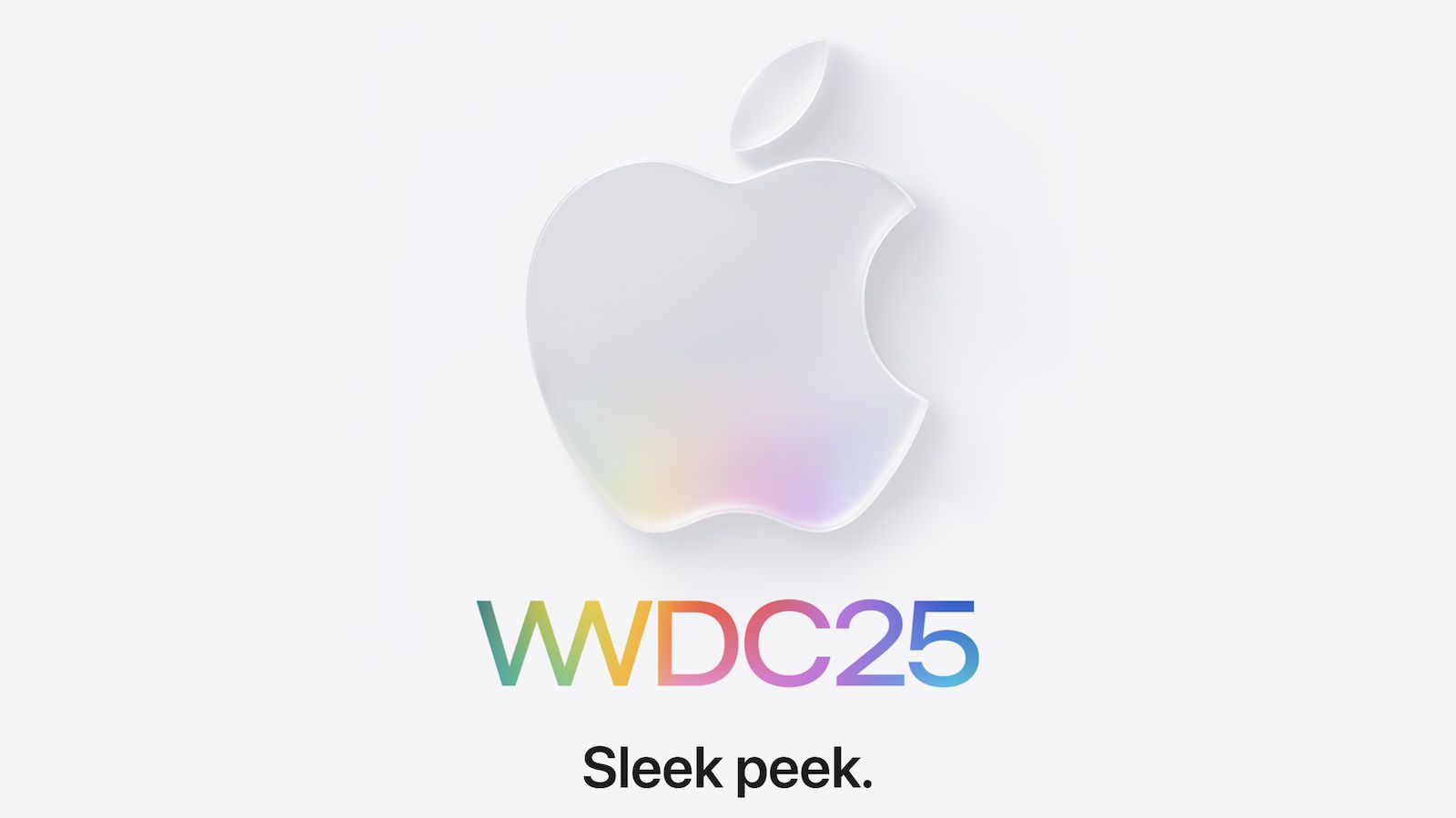
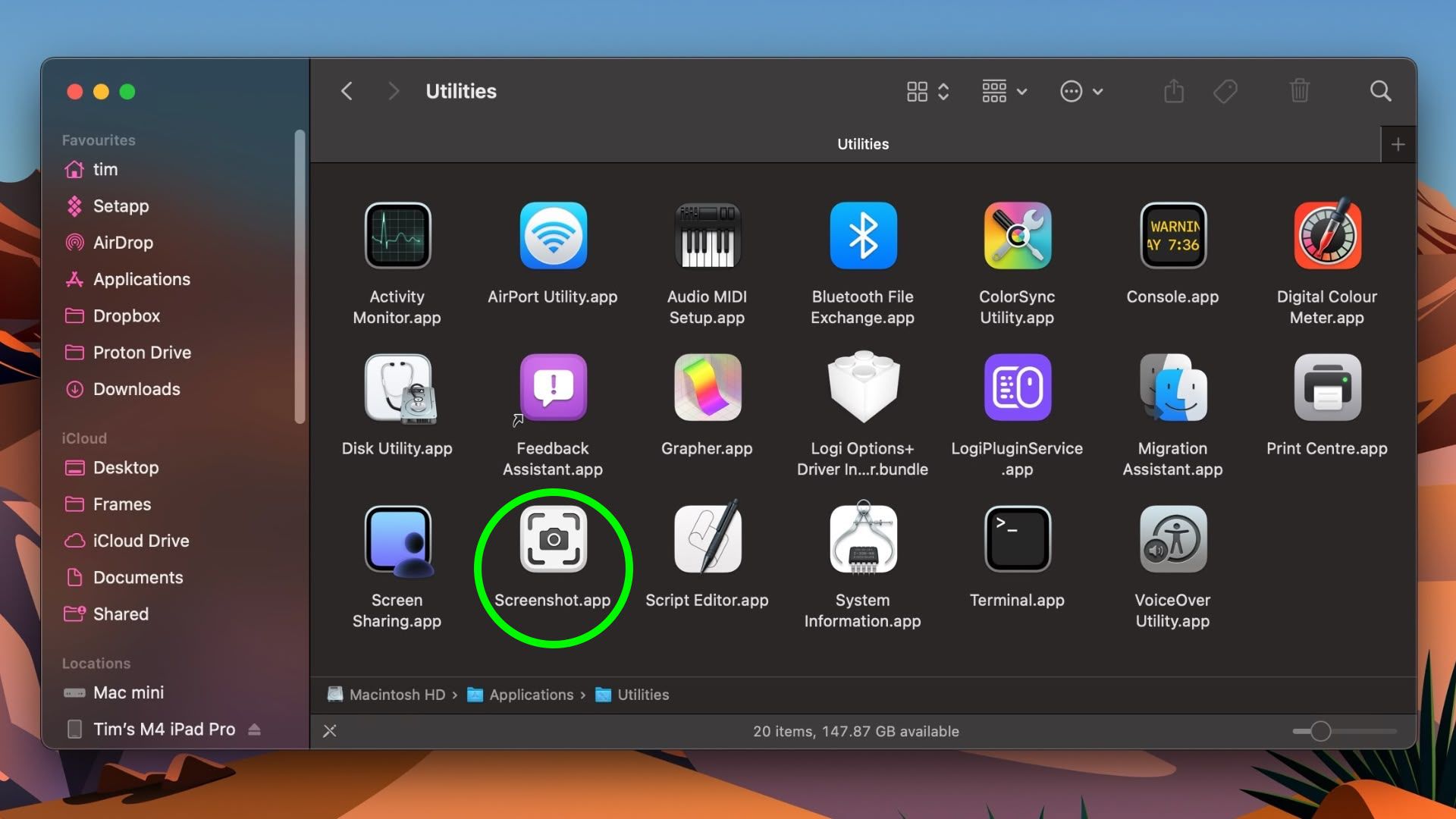










































![WWDC 2025 May Disappoint on AI [Gurman]](https://www.iclarified.com/images/news/97473/97473/97473-640.jpg)


![M4 MacBook Air Hits New All-Time Low of $837.19 [Deal]](https://www.iclarified.com/images/news/97480/97480/97480-640.jpg)



























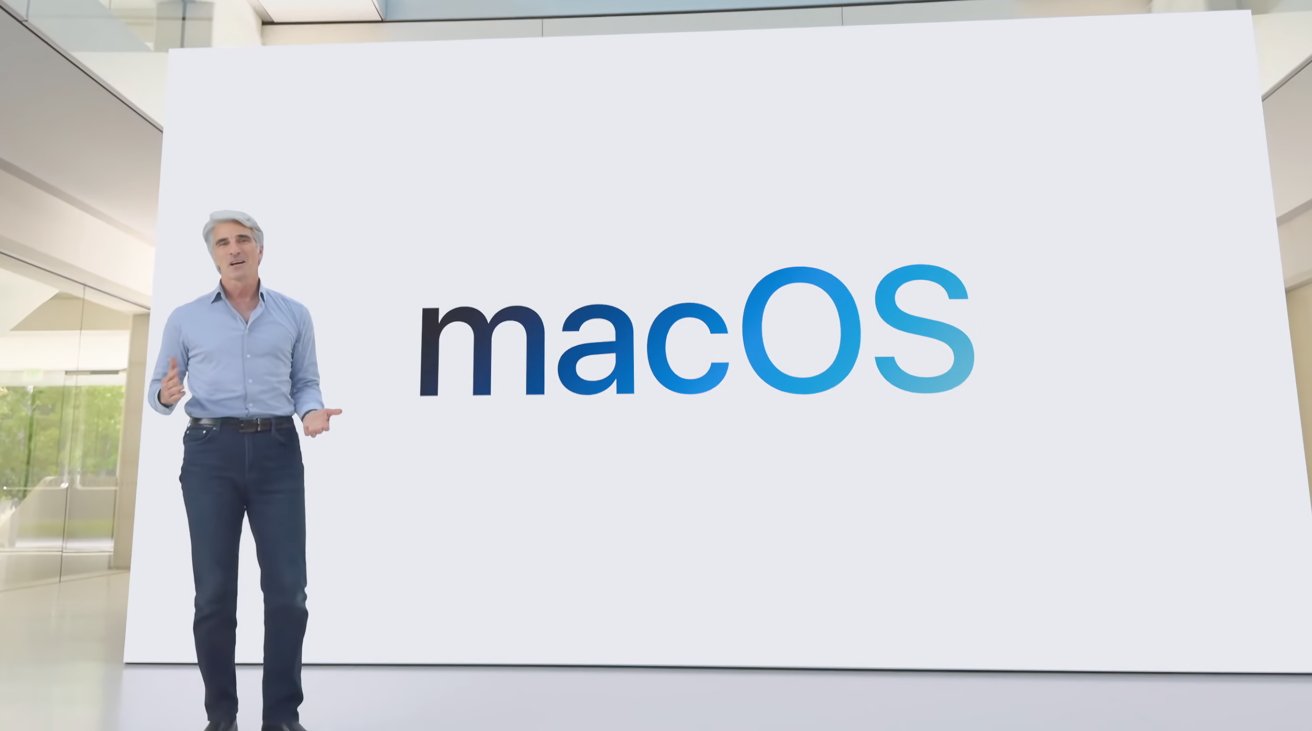

































































































































































































![[The AI Show Episode 150]: AI Answers: AI Roadmaps, Which Tools to Use, Making the Case for AI, Training, and Building GPTs](https://www.marketingaiinstitute.com/hubfs/ep%20150%20cover.png)
![[The AI Show Episode 149]: Google I/O, Claude 4, White Collar Jobs Automated in 5 Years, Jony Ive Joins OpenAI, and AI’s Impact on the Environment](https://www.marketingaiinstitute.com/hubfs/ep%20149%20cover.png)
















































































































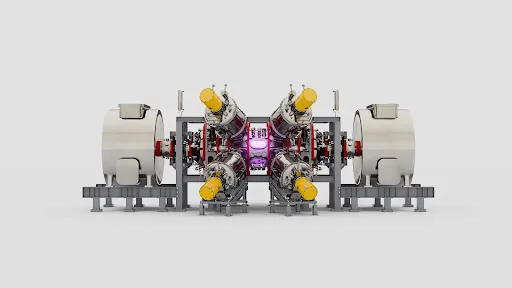


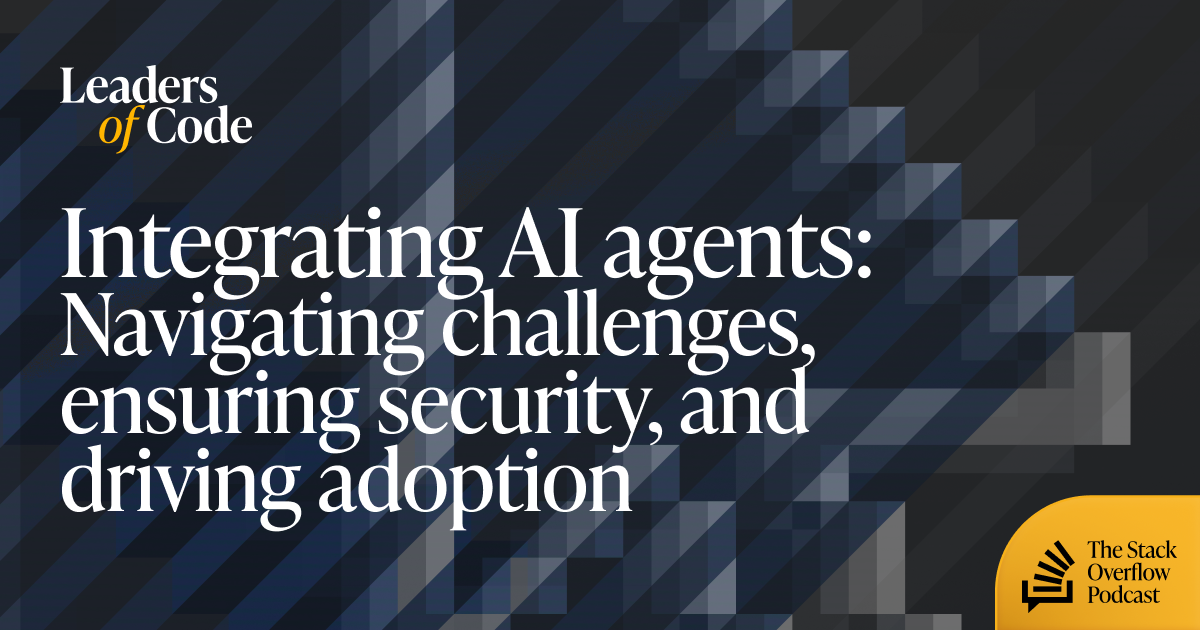



















![Z buffer problem in a 2.5D engine similar to monument valley [closed]](https://i.sstatic.net/OlHwug81.jpg)





